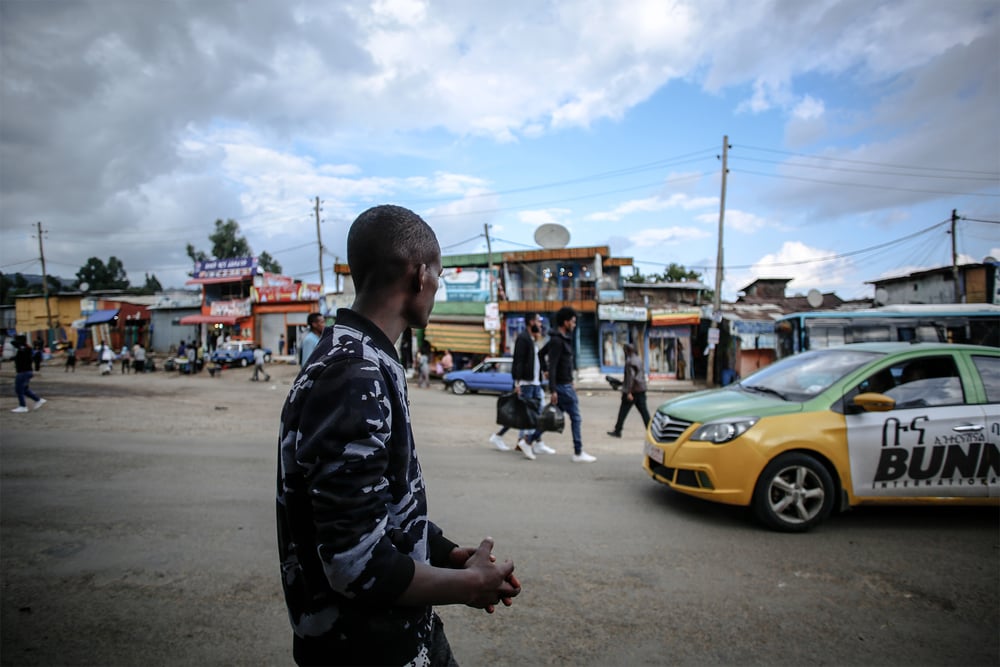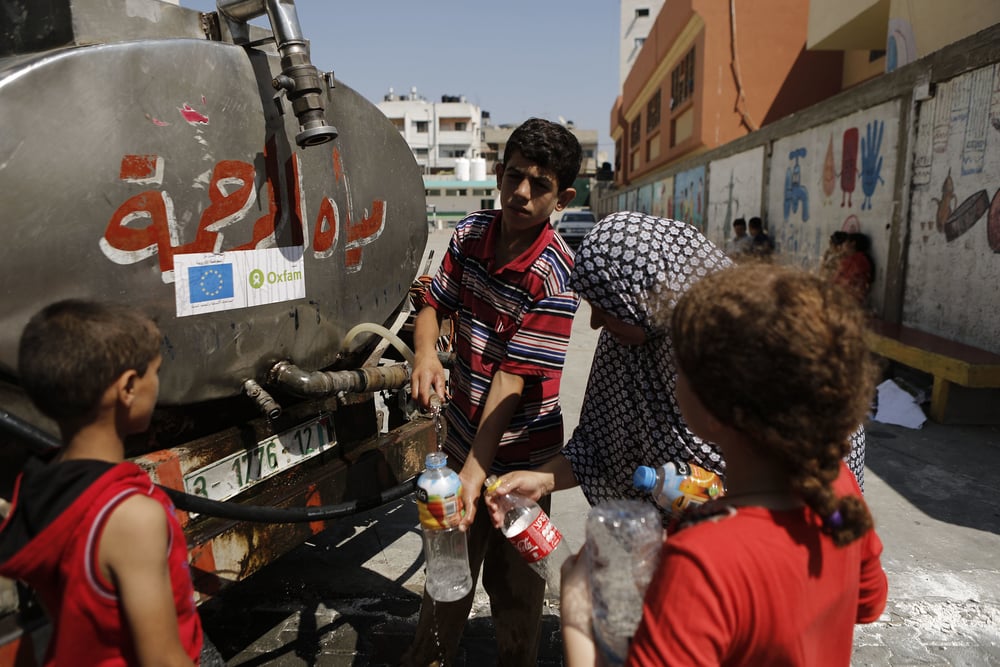Dipoles, data, and blunders in UN investigations: all this and more caught your attention in 2019. Take a look at the TNH articles that attracted the most readers and created the most buzz this year, listed below by unique pageviews, most-viewed first. If you missed something the first time around, there’s still time to catch up before the countdown to 2020 (and our 10 Crises and Trends to Watch for 2020 list) begins.

1. Ten humanitarian crises and trends to watch in 2019
The list of 10 crises and trends we identified as most likely to shape our coverage – and the aid sector – in 2019 included climate displacement, Ethiopia’s gamble on reforms, and the calculus of politics and peace in the Democratic Republic of Congo and South Sudan. For a look at how it had all played out by midyear, check out our 10 crises update.
2. Ethiopia coverage
Ethiopia, in the first full year of Prime Minister Abiy Ahmed’s government, was among our top 10 crises to watch for 2019. We weren’t the only ones watching: our coverage of Ethiopia drew consistently high numbers of readers throughout the year, long before T-shirts of Abiy wearing his Nobel Peace Prize medal began appearing on the streets of Addis Ababa in October. Here’s a selection of our coverage:

Power shift creates new tensions and Tigrayan fears in Ethiopia
Disagreements over land and resources between the 80 different ethnic groups in Ethiopia have often led to violence and mass displacement, and the fast and unprecedented shift of power led by reformist Prime Minister Abiy Ahmed heightened that strain.
Eritrean refugees defy border closures only to find hardship in Ethiopia
Long-dormant border crossings re-opened with fanfare between Eritrea and Ethiopia as a symbol of warming relations in 2018 were all closed by October 2019, but that didn’t stop a steady flow of Eritrean refugees fleeing across the heavily militarised frontier.
Ethiopia’s neglected crisis: No easy way home for doubly displaced Gedeos
A not-so-merry-go-round of forced evictions by groups of armed young men and government-pressured returns left tens of thousands of ethnic Gedeos trapped in dire conditions in makeshift shelters across the Oromia region of southern Ethiopia. They number among the country’s 2.4 to three million internally displaced.

3. New UN deal with data mining firm Palantir raises protection concerns
When the UN’s World Food Programme and CIA-linked software firm Palantir announced a new partnership of free support worth $45 million, with the aim of helping WFP pool its enormous amounts of data and find cost-saving efficiencies, critics raised alarms, saying the deal could put ‘highly sensitive’ data about millions of food aid recipients at risk.

4. Why you don’t want to be a Venezuelan woman right now
From murder to maternal mortality, from forced sex work to being sexually abused in prison, here’s our look at how Venezuelan women pay a particularly high price to survive in the midst of the oil-rich South American country’s long and downward spiral.

5. Drought in Africa leaves 45 million in need across 14 countries
Failed rains across eastern Africa, southern Africa, and the Horn of Africa brought another dire season for farmers, increasing food prices and driving up the aid needs of tens of millions of already vulnerable people across the three regions.

6. Investigation: Blunders in Central African Republic sex abuse probe detailed in internal UN review
When The New Humanitarian visited the town of Dekoa in Central African Republic in 2018 to investigate the situation of women and girls who had brought allegations of rape, sexual abuse, and exploitation against UN peacekeepers from Burundi and Gabon in 2015-16, few if any of the alleged victims knew the status of their claims. In October 2019, TNH obtained an internal UN draft report that revealed a litany of mistakes made by investigators that may explain why so many of the cases have been dismissed and why, according to UN data, there hasn’t been a single prosecution.

7. Investigation: UN probe finds Sudan staff member solicited bribes from refugees
A TNH investigation in May 2018 detailed allegations of widespread corruption and exploitation of refugees involving UNHCR staff in Khartoum who were part of the resettlement operations. In August 2019, TNH reported that an internal UN refugee agency investigation into those allegations determined that a staff member had abused their power by soliciting bribes from refugees.

8. Exclusive: Key donors freeze Uganda refugee aid after UN mismanagement scandal
Germany and the UK’s Department for International Development, or DFID, froze funding to UNHCR Uganda after becoming aware of issues flagged by TNH in a November 2018 UN audit report. The report found that UNHCR critically mismanaged donor funds in Uganda in 2016-2017. Uganda is the largest refugee-hosting nation in Africa, catering to more than 1.2 million refugees, the vast majority of whom have fled conflict in neighbouring South Sudan and the Democratic Republic of Congo.

9. Indian Ocean Dipole spells flood danger for East Africa
Beginning in October, hundreds of thousands of people in East Africa were affected by heavy rains and floods linked to record-breaking temperature changes in the Indian Ocean. The culprit? The Indian Ocean Dipole. Don’t worry, TNH explains it all in this piece.

10. Exclusive: Oxfam faces $160 million legal threat over Palestine aid project
Oxfam faced a counter-terror claim in a New York court. The case, brought by a pro-Israel lawyer and activist, alleges that the NGO contravened US law in its work in the Palestinian territory of Gaza. The case is now likely to be dropped, after the US government stepped in and the activist moved for dismissal on 18 December.
BEHIND THE HEADLINES: 10 Crises to Watch in 2020
Save the date: Our Ten humanitarian crises and trends to watch in 2020 has now been published. Please join us at 3pm CET on January 20 for a special webinar, Behind the Headlines: 10 Crises to Watch. Hear from our specialist editors about the crises and trends we think will shape the agenda in 2020. Get the inside scoop on our most read annual feature. Ample time will be made for Q&A. Register for the webinar now.





